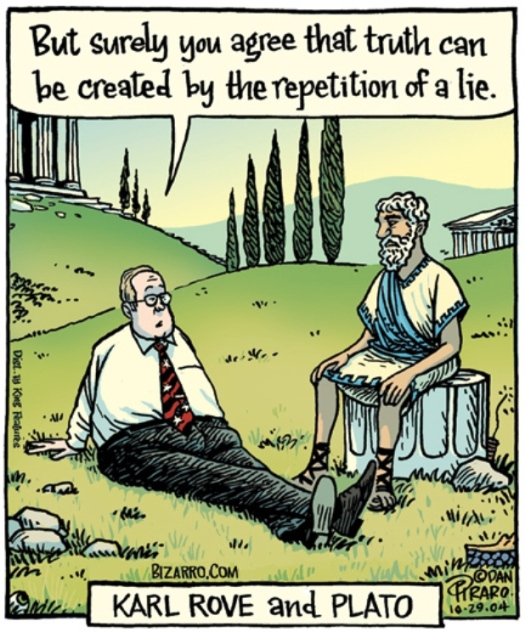
Courtesy Dan Piraro, bizarro.com
Several years ago I was playing a board game called Scruples with some friends. The object of the game is to draw a card and read a dilemma out loud to the group. You then have to decide which way you will handle that dilemma. How you answer, justifying your decision to the others, determines how many points you receive. If the others believe you answered sincerely, you receive a point. If they disagree, they’re saying that your response is not consistent with your reputation – as they see it – and you lose a point. The points you receive have nothing to do with an honest response. It’s the perceived honesty of your answer that counts.
My turn comes, I draw a card and am surprised to discover that the dilemma described actually happened to me. It outlines a scenario where one choice called for lying to a friend or relative.
Embarrassed, I explained to the others that this actually happened to me and that, unfortunately, I had lied. They didn’t buy it. Despite protestations to the contrary, my friends believed me to be nothing less than honest and forthright.
Looking at the current political landscape, it astounds me that politicians get away with not only exaggerations, but blatant lies.
Kathleen Hall Jamieson, an American Professor of Communication and the director of the Annenberg Public Policy Center at the University of Pennsylvania, wrote an intriguing article in 2012. Entitled, “Could a truly honest politician become president?”
Jamieson writes that while the electorate clamors for honesty and trustworthiness, it ain’t necessarily so.
“ ‘I don’t know if you know to trust what either side is saying or . . . are they just saying it to get elected?’ a participant told pollster Peter Hart at a recent focus-group gathering of swing voters in Colorado.
“But straightforwardness,” Jamieson points out, “doesn’t make for the sexiest of stump speeches. Remember Walter Mondale’s 1984 pledge to raise taxes? ‘Let’s tell the truth. . . . Mr. Reagan will raise taxes, and so will I. He won’t tell you. I just did.’
“Mondale lost in a landslide. …
“Being honest doesn’t stop at self-representation; a candidate should be able to secure support without misrepresenting his opponent. This may sound difficult, but it has been done before. John F. Kennedy in 1960 and Ronald Reagan in 1980 treated their rivals’ positions and records fairly, forthrightly forecast their governing approaches and hewed to the facts. With the exception of the Democratic attack on the alleged missile gap, which Kennedy may have believed existed, neither the 1960 Democratic nominee nor his Republican counterpart, Richard M. Nixon, distorted his or his opponent’s plans. The Reagan campaign’s attacks on President Jimmy Carter’s record were also factual and fair.”
From the same year that Jamieson wrote her story, Huffington Post offered this blunt assessment from Business Ethics specialist Dana Radcliffe:
“Today’s political campaigns exhibit a tragic feature of modern democracy: In elections for high office, honesty is a losing strategy.”
And Radcliffe offers many examples why, despite the fact that he ends his commentary on a somewhat hopeful note. “Who knows if an ‘honesty pledge’ would have much effect, but it seems to be an experiment worth pursuing.”
In March of this year, Bloomberg reporter Leonid Bershidsky writes, “In his speech about the U.S. presidential campaign on Thursday, Mitt Romney described both parties’ front-runners, Donald Trump and Hillary Clinton, as dishonest. Voters seem to agree. Is it all-important, though, for a successful candidate to be perceived as honest, or more honest than his or her chief rival? Previous election results appear to indicate the opposite. …
“In 1988,” Bershidsky continues, “George H.W. Bush prevailed over Michael Dukakis, though more people considered the latter honest; in 1996, Bill Clinton, the candidate with the lowest “honesty rating” in recent history, beat Bob Dole; in 2000, George W. Bush beat John Kerry despite being seen as less honest; and Barack Obama triumphed over John McCain despite being seen as somewhat less honest.”
Bershidsky cites a 2014 book by political scientists David Hoian and Charles Prysby of the University of North Carolina. In their book, Candidate Character Traits in Presidential Elections, they write:
“Voters prefer a candidate who does not misrepresent facts, who does not bend the truth, and who is not deceptive in his or her statements. Candidates who are perceived as deficient in this area generally suffer; those who can portray themselves positively tend to gain. Gore in 2000, for example, was not helped by perceptions that he exaggerated, made false claims, and stretched the truth for his political benefit. In 1976, the first presidential election after the Watergate scandals, Carter emphasized that he would bring honesty to the White House; voter confidence that he would do so undoubtedly contributed to his narrow election victory.”
Considering the fact that Donald Trump is rewriting the rules of “political honesty,” Hoian and Prysby may need a new study.
In the long run, however, traits such as honesty and trustworthiness are vitally important in any political leader, especially when they navigate the shark-infested waters of a global economy and deal with world leaders from a variety of cultures and political spheres.
Comments
Leave a Comment
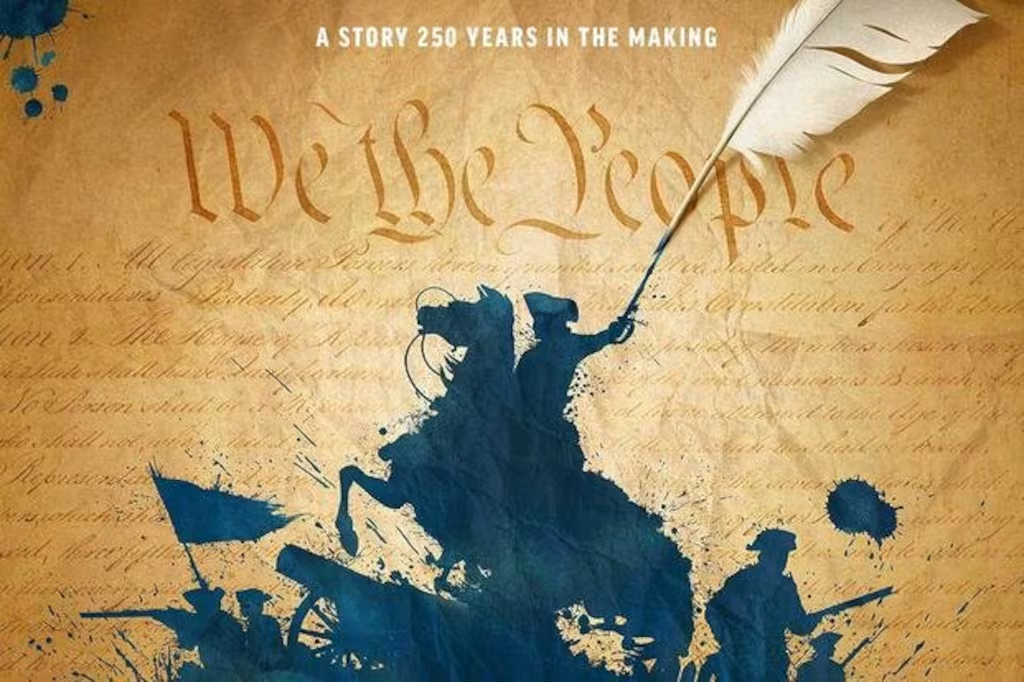



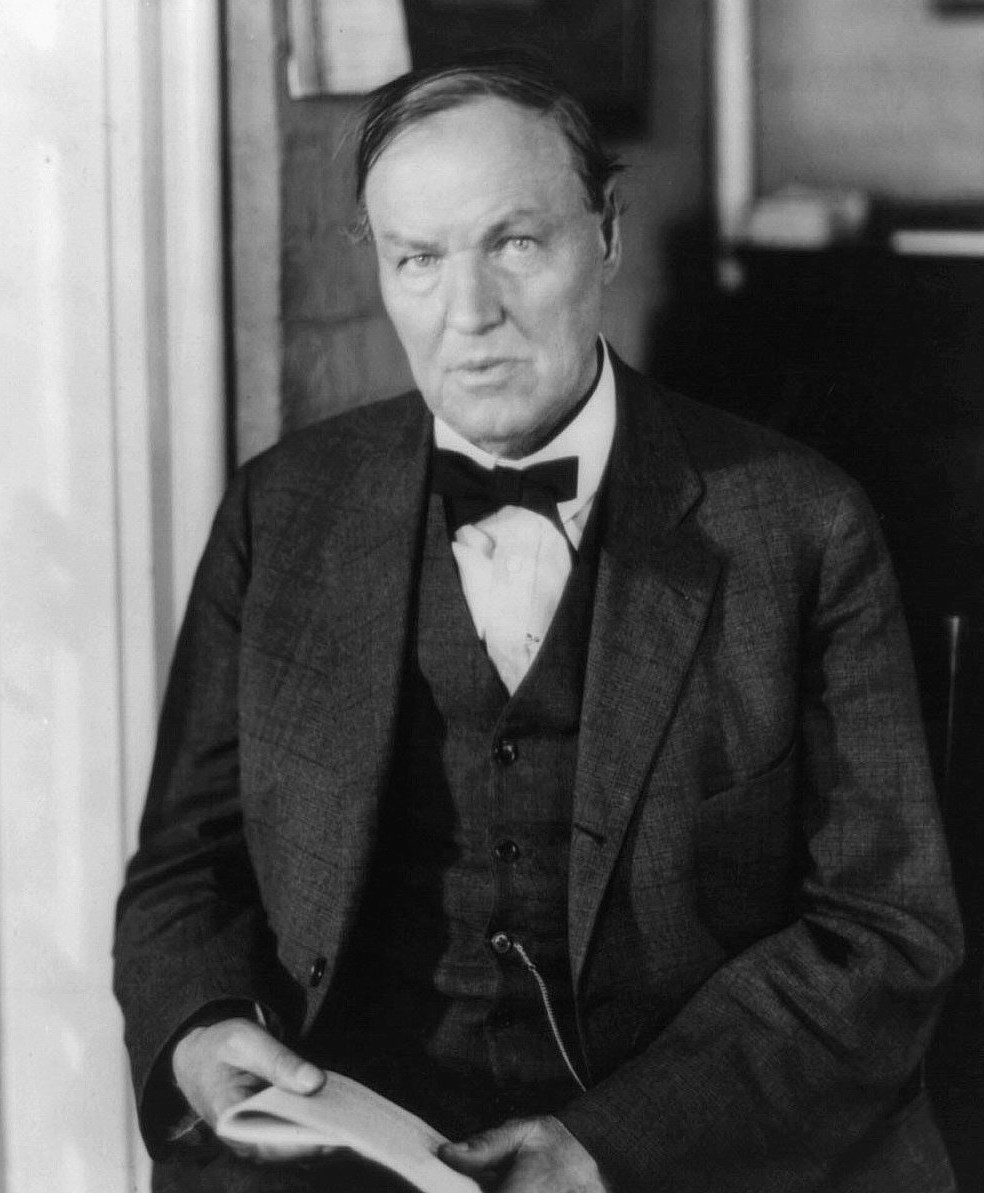
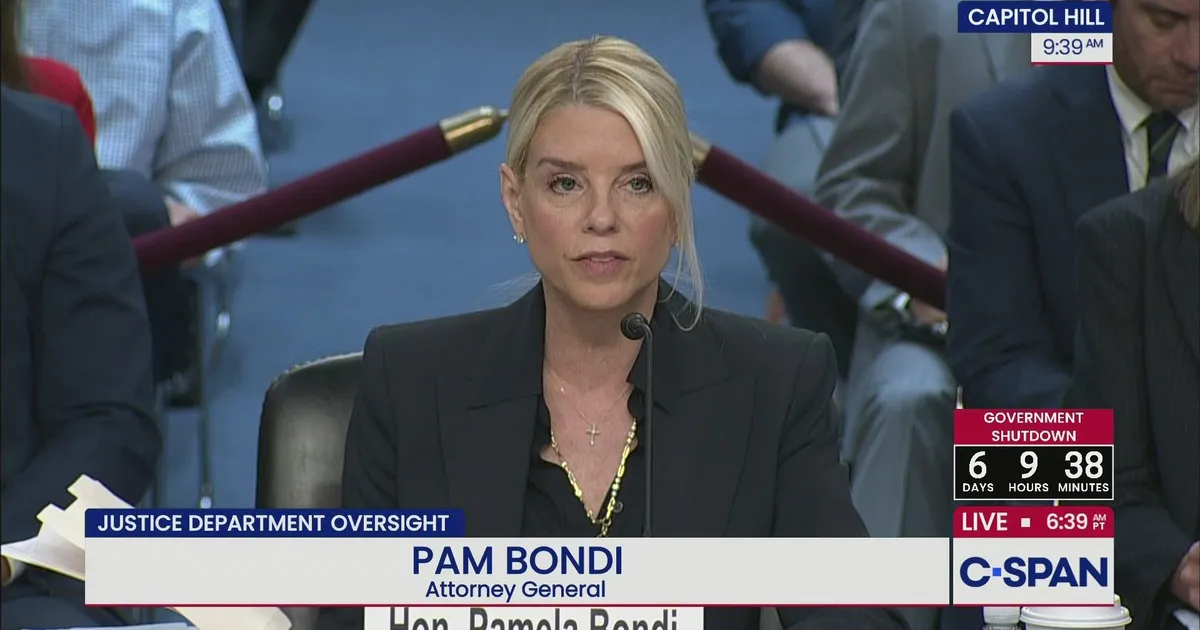
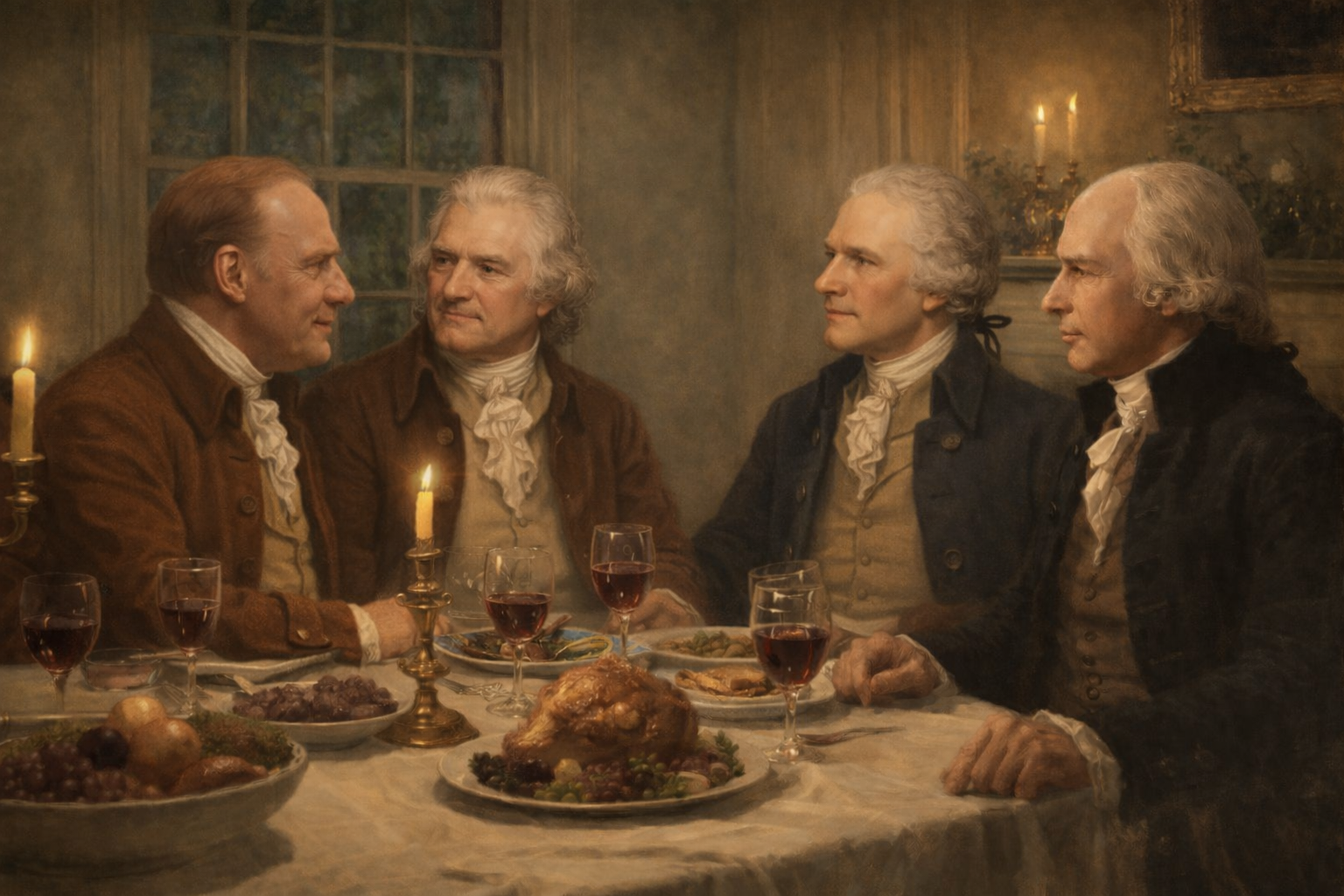
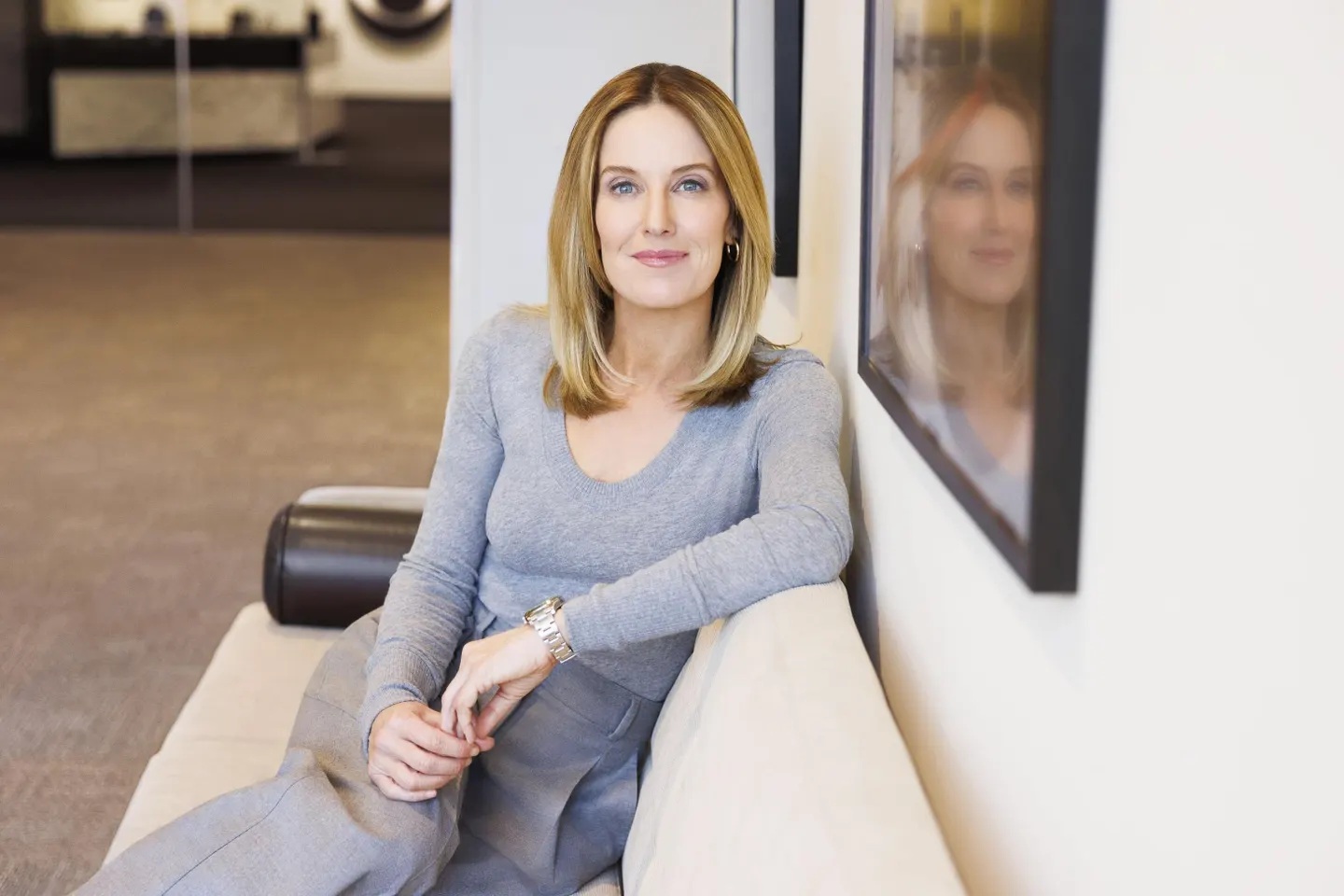




Another quality article, Jim, thanks. I look for honesty in a politician, or at least I think I do, but psychologists seem to tell us that what counts for more than that is our gut feeling about a person as a person; their “likability.” While I look at two opposing candidates, and think I can clearly see which is trustworthy and which is not, another person has the same experience with the opposite result. Both of us think the other is crazy for trusting the one we trust. I then try to rely on the opinion of “experts” in the fields of economics, foreign policy, the environment, to see who they trust. I feel vindicated when they agree with me, but so does the other side when they find “experts” who agree with them.
In spite of this, I still think it should be blatantly obvious to anyone with two brain cells to rub together that Donald Trump is far and away the most unqualified, self-serving, dishonest person who has received a major party’s nomination in our nation’s recent history. (I confess I don’t know much about early nominees who did not win.) He has already brought the presidential race to a new low by a long shot, and the real contest has yet to begin. Sadly, however, I can’t point to Clinton and say I like her. To my mind, this is very much a “lesser of two evils” kind of election.
I really enjoyed Dan’s comment, and having recently enjoyed a face to face afternoon and evening with the Lichtmans. I can honestly say “Hey, more comments from intelligent people are so appreciated.”
I would only add the wisdom of my 81 years of pretty extensive exposure to human beings in health, sickness and in combat, by simply saying, “I am never surprised anymore by the revelation that someone I thought I KNEW intimately, was deep down a pervert, a wife-beater, a child-molester or a financial thief.” (Among other naughty things). Therefore, I would simply add, “We mortals have absolutely NO idea who these candidates really are.” Try Dennis Hastert, Congressman Weiner and heck, JFK and LBJ and all the rest, (we knew Tricky Dick) much less your next door neighbor or kindly family priest. We barely know ourselves anymore.
Thanks Dan, your comments were perfect.